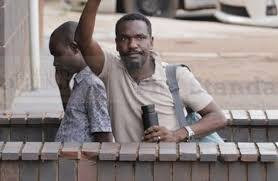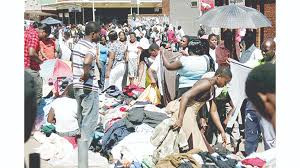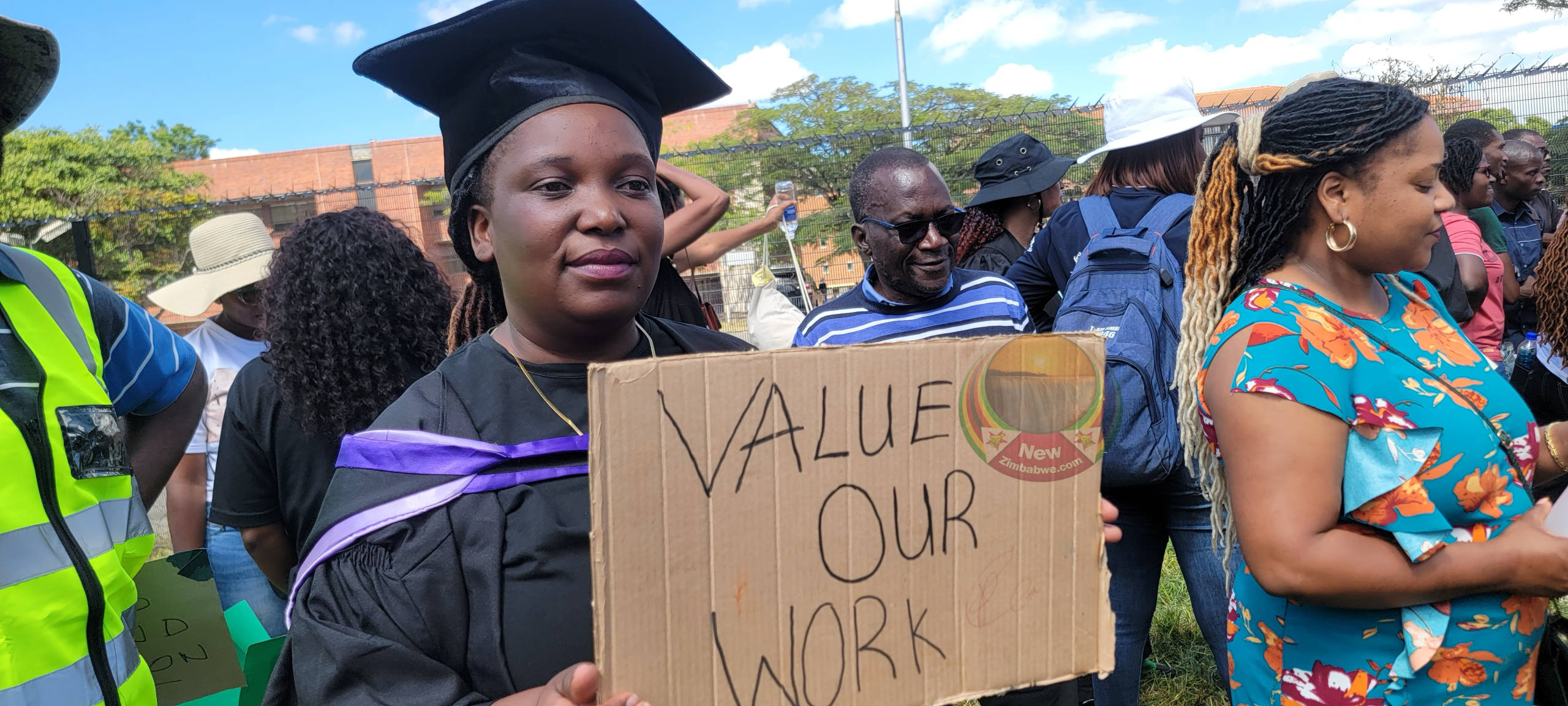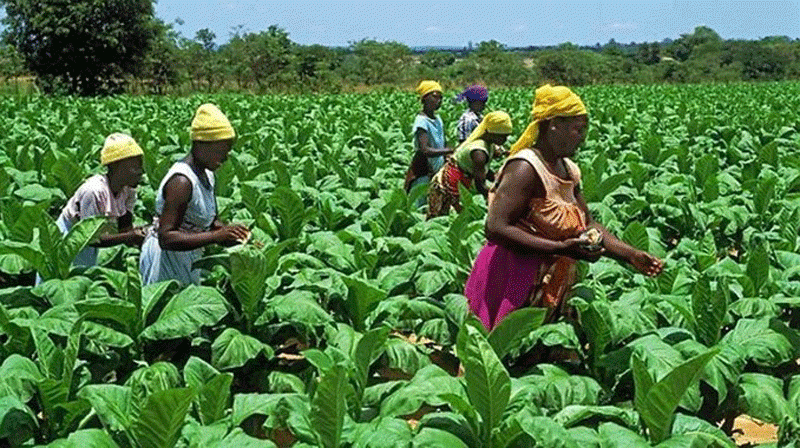The African Union has set ambitious self-financing targets of $1.2 billion (about Rwf898 billion) annually to reduce heavy dependence on external partners to finance development projects.
allafrica.com

The Union has previously heavily relied on donor support which experts say affects and influences the bloc’s priorities and approach to dealing with continental affairs.
In the current (2016) $475-million budget, international partners and donors contributed up to 76 per cent.
African Heads of State and Government asked former African Development Bank president, Dr Donald Kaberuka, to work out a self-financing formula practical to member countries.
The formula was presented and adopted at a retreat of Heads of State and Government and finance ministers on Saturday.
Keep Reading
- Chamisa under fire over US$120K donation
- Mavhunga puts DeMbare into Chibuku quarterfinals
- Pension funds bet on Cabora Bassa oilfields
- Councils defy govt fire tender directive
According to Finance and Economic Planning minister Claver Gatete, under the new formula, countries’ contributions will be increased through 0.2 per cent levy on eligible imports which is expected to raise about $1.2 billion every year.
Beginning 2017, the levy will be collected by tax collection authorities of African countries and channelled through central banks of member countries.
By channelling the money through the central bank as opposed to collecting it from the treasury, Gatete said it would prevent defaulting by member countries or delayed payments that have been rampant in the past.
The additional funds from this model will go into financing the commission’s activities, programmes and peacekeeping operations.
“Last year, the Heads of State took a bold decision and gave instructions that African countries should finance 100 per cent of the operational activities of the African Union Commission, they should finance at least 75 per cent of programmes of the African Union and also finance at least 25 per cent of peace keeping operations on the continent. We have been trying to work out an approach to achieve this,” the minister said.
The retreat also agreed that each of the four regions should contribute $65 million for peacekeeping activities to raise a total of $320 million.
Previously, countries’ contributions have been solely on a formula based on the gross domestic product of respective economies.
The formula that had been built on principles of solidarity, equitable payment, capacity to pay and ensuring that no country is left behind, Gatete said.
“Under the current formula, country contributions were a portion of their GDP. The main issues around this model have been defaulting and delays in releasing the money leaving contributions to donors,” he said.
Making it effective
To avoid re-occurrence of defaults and delays in payments, Gatete said, member states had agreed on proper accountability mechanisms and countries defaulting would face appropriate punishments.
Under the model, no country would be exempt from contribution no matter the socio-economic and political affairs at hand.
Prior to the new model, there had been proposals for two dollar contribution from hospitality sectors and a 10-dollar contribution on air tickets.
The new levy will, however, exempt imports of intermediary products such as fertilisers, medicines and baby food products, among others.
By relying less on donors and funding their own activities, the Union hopes to have a larger say on what they consider priority and how to address their development agenda.
According to Gatete, the self-financing is expected to change the mode of cooperation with international partners from aid to trade to investments and international cooperation for mutual benefit.
African Union deputy chairperson Erastus Mwencha said dependence on aid had no doubt affected and influenced certain priorities of the Union.
By self-financing and cutting dependence, he said, the Union will be in a better position to address its priorities.
The executive secretary of the United Nations Economic Commission for Africa, Carlos Lopes, said the continent has the capacity to self-finance if appropriate mechanisms are put in place.
“The 400 biggest corporations in Africa are actually growing faster than their peers outside the continent. We expect them to increase economic activity, thus increase revenues and funds across the continent,” he said.
Chadian President Idriss Deby, the chairperson of the African Union, yesterday, said the retreat provided historical outcomes, since, for the first time since the creation of the AU, the continent had decided to take its destiny in own hands in terms of financing its functions.
“I want to congratulate ourselves for a fruitful discussion conducted on that particular issue, an efficient formula for sustainable funding was unanimously agreed upon by all 54-member states of the African Union,”





